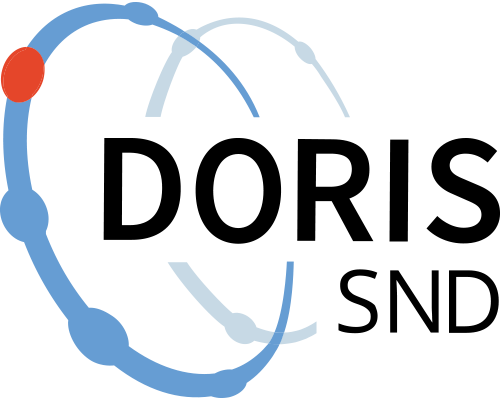Swedish National Election Study 2018
https://doi.org/10.5878/a98n-gr74
The Swedish National Election study 2018 was conducted in collaboration between the Department of Political Science, University of Gothenburg and Statistics Sweden (SCB). The Swedish election studies have been conducted at all parliamentary elections, referendums and European Parliament elections since 1956.
For the first time, the study was carried out as completely postal and web mixed mode, but with the same basic design: rolling long-term panels, campaign panel with pre-election and follow-up survey and voter validation. Respondents had the option of completing the survey by filling in a paper questionnaire sent by post or by completing the survey online.
The Swedish National Election study 2018 consisted of three stages: stage A (pre-election survey), stage B (post-election survey) and stage C (separate post-election survey as part of the Comparative Study of Electoral Systems (CSES)).
The sample (23,398 persons in total) is representative of the Swedish population aged 18-85 and eligible to vote in the parliamentary election. Swedish citizens living abroad or with a protected identity are not included in the sample. Of the total sample, 15,398 were included in stages A and B. This sample is drawn jointly for both stages and is set up as a rolling two-stage panel. Half of the sample already participated in the 2014 Election Survey and will participate again in the 2018 Election Survey. This incoming panel was added with respondents from the 2014 European Election Survey. The other half of the sample will participate for the first time in 2018 and will be contacted again to participate in the 2022 Election Survey. The stage C sample consists of 8000 people, is drawn separately and not part of the long-term panels.
Fieldwork for stage A, the pre-election survey, started on August 2 and ended on September 13. By September 10, Stage A respondents had received a short follow-up survey. Fieldwork for stage B, the post-election survey, started on the day after election day on September 10 and ended on November 6. The fieldwork for stage C, the CSES-survey, started at the same time as Stage B, on September 10, and was also completed on November 6.
Documentation files
Documentation files
Citation and access
Citation and access
Data access level:
Creator/Principal investigator(s):
- Per Hedberg - University of Gothenburg - Department of Political Science
Research principal:
Data contains personal data:
Yes
Type of personal data:
Names of politicians, candidates and political leaders and risk of re-identification in original data
Sensitive personal data:
Yes
